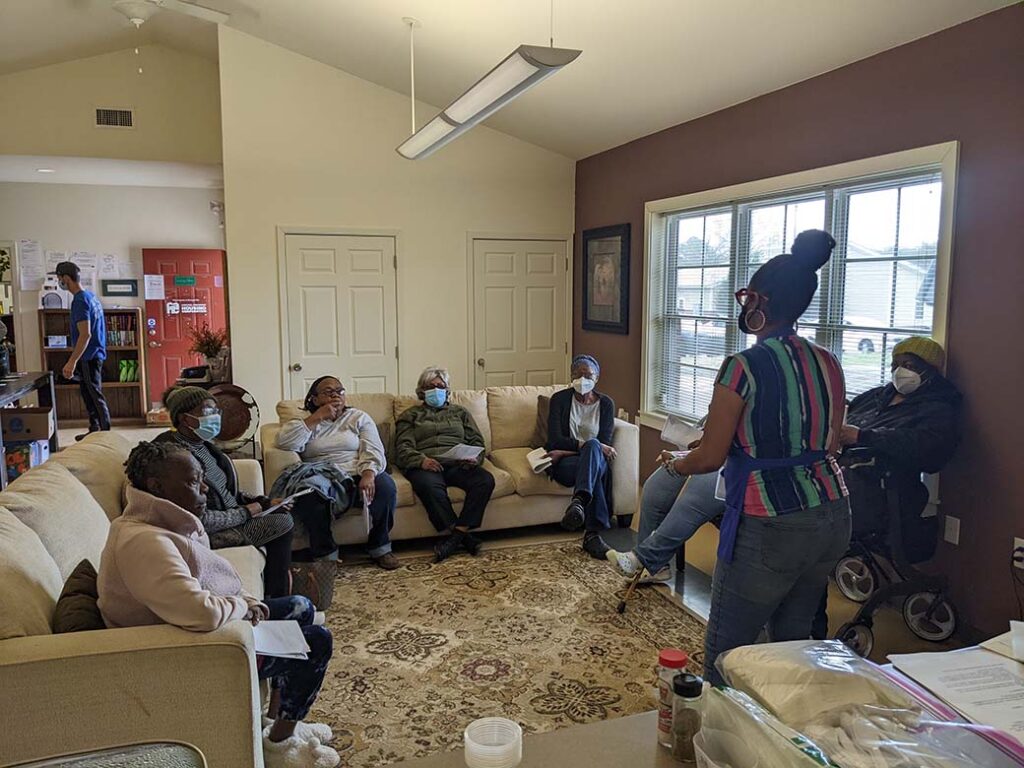3 Minute Read
What Determines Our Health?
Dr. Bortz explains it using the life of a car.
“The life of a car depends on 4 elements: design, accidents, maintenance, and aging. If the car is a “lemon,” is involved in many accidents, or is poorly maintained, it will not have the chance to grow old. (1)”
Our bodies work similarly. This is called the biological determinants of health.
What Are Biological Determinants of Health?
Biology: is the study of the vital processes of life.
For humans, that encompasses things we do that keep our body functioning correctly, or in contrast, what can deteriorate it faster.

Factors We Control
- How much or what we put in our body
- How much exercise we do or don’t get.
Incontrolable Factors
- The genes we’ve inherited
External Factors
All of these can significantly impact our health and quality of life. These are the biological factors that determine our health.
Cars & Humans
Some of these we can control. We can determine, to a certain point, our diet, whether we smoke or drink alcohol, and how much exercise we get. Other parts of our biology, paired with careful actions, can result in positive health outcomes.
For example, someone with type 2 diabetes in their family history can reduce their risk of becoming diabetic through healthy regulation of their diet and exercise (2).
There are biological determinants that are out of our control such as the deterioration of our body’s vital processes with age, but even as we age, how we treat our body can influence how fast our body ages and how resistant our body is to disease and harm.
Well Fed’s Impact
This is where Well Fed is set up to make the most impact. We are focused on biology and behavior.
We work in underserved communities where diet-related illness affects many people’s daily lives. The choices they make often determine their health outcomes.
Some struggle to change bad habits and choose a healthy diet and as a result their diabetes or hypertension gets worse. Others will develop illnesses because they do not change their current lifestyle. However, we recognize the barriers they face which make choosing to cook and eat healthy difficult and sometimes out of reach.

What About Social Determinants of Health?
This brings us to the social determinants that drive health outcomes.
These are the conditions in which a person is born, grows, lives, works, and ages that contribute to their health (3).
Some include:
- Governmental policies
- Cultural values placed on health
- Your socioeconomic status — who you are in society as far as your income, occupation, education, ethnicity, and gender impact your health.
- Psychological factors — a healthy relational support network or stressful living circumstances
All of these can all govern your ability to live and eat healthy.
Our Focus Is Biological
There are organizations that hold an important role in working hard to influence policy and the conditions in which people live. Well Fed is in some of those conversations, but our expertise and where we can help the most is with the biological determinants that are causing poor health, hospitalizations, and death among under-represented communities in Arkansas.
We empower families to make healthy choices by providing them with consistent cooking and nutrition education. We’re giving them the tools so that they can construct a healthy lifestyle for themselves.
Each conversation about how to cook a particular vegetable and its related nutritional benefits is a step forward in real behavioral changes.
In time, they understand the importance and simplicity of cooking healthy.
Our Model:
- We give them fresh fruits and vegetables so they can access it because many of our participants have physical restrictions to healthy food access. They may live in a food desert, they could be disabled, or their transportation could be inconsistent.
- Our participants can use the food we give to make the recipes they get from our education segment.
- The healthy food we give them adds vital nutrients to what they already make!
The State of Health in Arkansas
The statistics in Arkansas are not good.
In previous blogs we wrote about the devastating effects in the Natural State in regards to the obesity rates, rate of food insecurity among adults and children, and the risk of diabetes, hypertension, and heart disease.
The social determinants need addressing, however, as Dr. Bortz explains (4),
It is evident that the biological factors are more proximate determinants than the socioeconomic contributors, which are upstream and ultimate in their role.
What goes into our bodies has the closest impact on our health outcomes!
Although it may be a daunting task to impact behavior and biology in a way that heals people living in underserved communities in Arkansas, you can help us begin to change the future health of communities one person at a time.
Take action today.
Get Involved
Article by Peter Heil, Development Director
Unsplash / Phinehas Adams
Sign up for our newsletter to see more content like this
Subscribe




































